The Poetry Center is pleased to announce the Spring 2019 season of classes and workshops, an exciting mix of generative poetry studios, lively workshops, and rigorous writing seminars in both poetry and prose. Registration opens for all of our classes on December 17, 2018 at 11:00am.
We're also thrilled to be able to continue to offer four need-based full scholarships for the spring. The Arnold Greenfield Scholarships program covers the full tuition cost of a course offered in the Classes & Workshops program. The scholarships are valued anywhere from $78 (for a single-session craft class) to $164 (for a multiple-week workshop), according to recipient interest. The application is simple, and any community member is eligible to apply for a scholarship if they can attest to personal financial need. Selection is by lottery. Applications open TODAY November 17th, and the deadline is set for November 30, so please spread the word to working writers for whom tuition would otherwise be a prohibitive financial strain. Apply here.
Marin Sardy
The Shape of Water: Turbulence & Flow in the Personal Essay
Mondays
Jan 28 – Mar 4, 6 – 8 PM
Tuition: $164
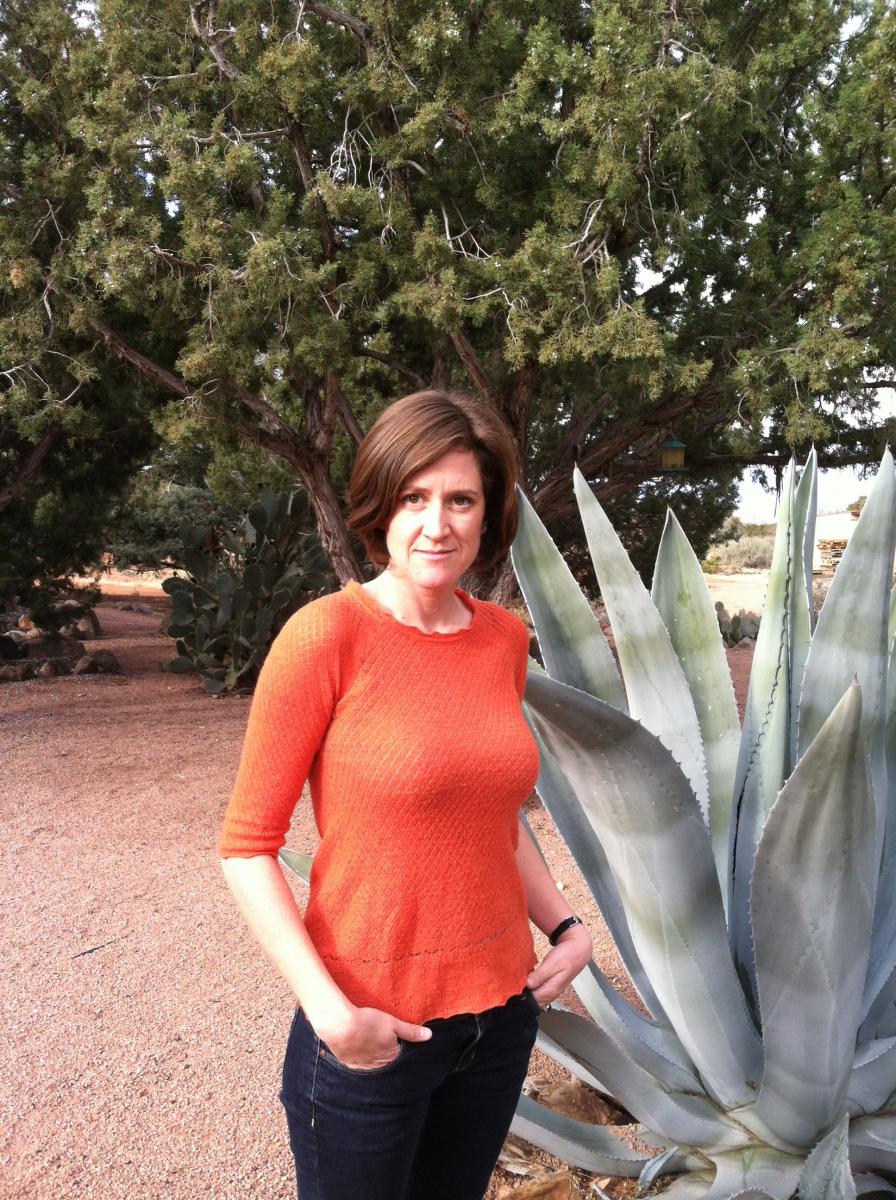
COURSE DESCRPTION:
In this class we’ll consider the relationship between content and form in personal nonfiction, exploring and practicing various ways to use narrative and anti-narrative structures in writing about oneself and one’s own life. Taking the shifting nature of memory—sometimes fluid, often spotty, occasionally self-contradictory—as our starting point, we’ll read and discuss essays and memoir excerpts that make use of techniques such as disruption, collage, fragmentation, juxtaposition, circularity, and digression. In work by writers such as Heidi Julavits, Lia Purpura, and Brian Doyle, we’ll examine how writers convey not only remembered events but also the events’ lasting emotional and symbolic import. Based on these examples, students will engage in a series of generative exercises aimed at promoting deep exploration of the shape as well as the content of their memories, to write their own short pieces in various forms.
BIO:
Marin Sardy’s essays and criticism have appeared in Tin House, Guernica, The Rumpus, Fourth Genre, Missouri Review, ARTnews, and Art Ltd., as well as in two award-winning photography books, Landscape Dreams and Ghost Ranch and the Faraway Nearby. She has also been the arts editor and editor-in-chief of Santa Fe’s Santa Fean magazine. A Pushcart Prize nominee, she has twice had her work listed among the year’s notable essays in Best American Essays. Her memoir The Edge of Every Day: Sketches of Schizophrenia is forthcoming in May 2019 from Pantheon.
Joe Watson
FREE TIME: Building a Community of Mentors for Incarcerated Writers
4th Saturday of each month
Jan 26, Feb 23, March 23, and April 27
11AM – 1PM
Free
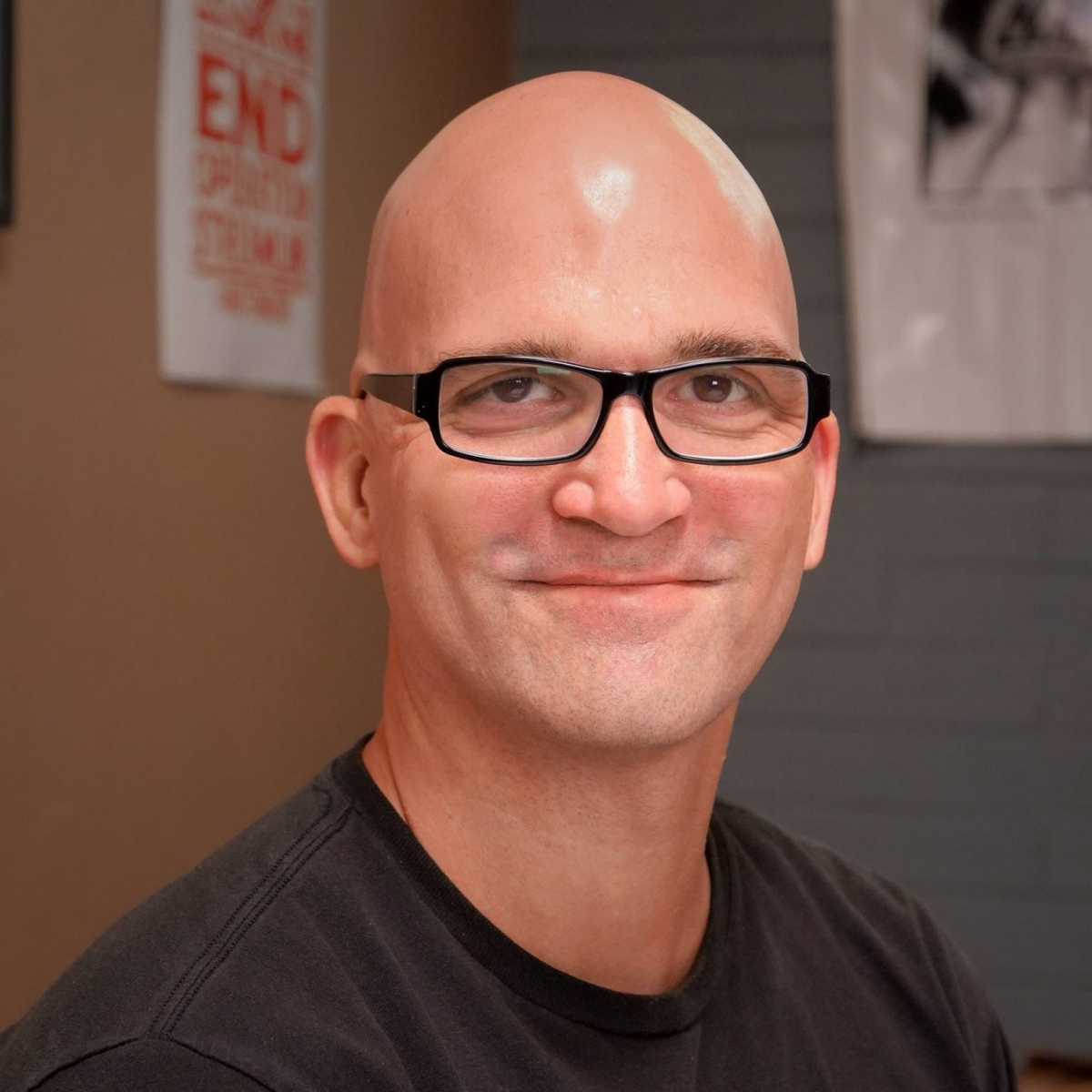
COURSE DESCRIPTION:
Most incarcerated writers are locked up in facilities so rural that they rarely receive the level of mentorship and encouragement beginning writers can easily access in the free world. The University of Arizona Poetry Center's monthly workshop aims to bridge the gap between the inside and outside by teaching community members to be helpful mentors and advocates for criminal justice reform.
One Saturday every month, Joe Watson—a local writer, activist and former Arizona Department of Corrections prisoner—will educate workshop participants on life in Arizona’s jails and prisons; lead an exploration of creative writing on issues of mass incarceration and mass criminalization; and teach community members how to engage and critique the works of incarcerated writers through correspondence.
BIO:
Joe Watson is a writer and prison abolitionist working to achieve systemic criminal justice reform throughout Arizona. He is a 2018 MacDowell Fellow and recipient of several awards from the Arizona Press Club.
Charles Alexander
Illuminating a Book: The Reviewer’s Task
***CANCELLED***
Mondays
February 11-March 4 from 6 – 8 PM
Tuition: $132
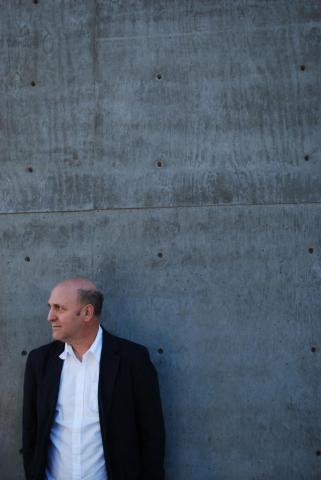
COURSE DESCRIPTION:
What does one do in order to write a review of a poetry book? First, you must want to review the book, i.e. feel you have something to say about it that matters. You don’t have to judge its worth, though you can offer some insight about possible value. You need to find a nugget within, to discuss and quote specifically, and hopefully let that point of light shine on the whole. You also have to meet deadlines, word count limits, and possibly conform to a journal’s or web site’s style sheets. Not to mention finding a place that wants you to review for them, and, if you succeed, you then follow up with more reviews, more placement of reviews, and even, possibly, the articulation of your own point of view about poetry, through the reviews you write. All the foregoing details, of course, constitute one possible scenario. We will discuss such scenarios, take a look at successful reviews, and practice writing reviews of recent books of poetry. We will even try to get our reviews published, and to develop a list of journals that are looking for poetry reviews.
BIO:
Charles Alexander is an artist, poet, bookmaker, and the founder/director of Chax Press. He is the author of five full-length books of poetry and nine chapbooks of poetry, editor of one critical work on the state of the book arts in America, and author of multiple essays, articles, and reviews. Alexander’s most recent book of poetry is Pushing Water (Cuneiform Press, 2011). 3 Sentences, a chapbook, is forthcoming from Little Red Leaves. He has taught literature and writing at Naropa University, the University of Arizona, and elsewhere. Currently at work on Collected Essays and a new book of poetry, he lives in Tucson, Arizona, with his partner, painter Cynthia Miller.
Maurya Simon
Saturday
February 23 from 10am-1pm
Tuition: $78
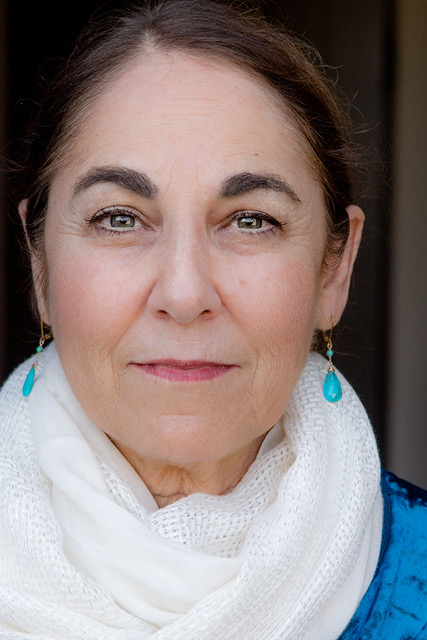
COURSE DESCRIPTION:
The term “ekphrasis” comes from ancient Greek, and in English it roughly means “a description.” The tradition of ekphrastic poetry is a long, rich, and varied one, with poets from Ovid to Frank O’Hara taking delight in the mirroring (or reconstructing or deconstructing) a visual image via the use of a written text. Ekphrastic poems utilize a myriad of forms and strategies, and they respond to, incorporate, investigate, embellish, interpret and/or reflect upon a vital work of art—usually either a painting, photograph, or sculpture.
In our three-hour workshop, we’ll initially read and discuss a selection of compelling ekphrastic poems that I’ll distribute and post digitally. Then we’ll compose an impromptu ekphrastic poem in class, using a wide array of reproductions of art that I’ll provide. This assignment provides poets with new ways of looking deeply at an object; it generates effective strategies for articulating what’s been observed; and it furthers our exploration of how a specific work of art sparks within us new insights and surprising feelings and intellectual connections. Finally, we’ll use the remaining workshop time to discuss in depth our newly born ekphrastic poems.
BIO:
Maurya Simon has published ten volumes of poetry, including The Wilderness: New & Selected Poems, 1980-2016, nominated in 2018 for Pulitzer Prize, and her novel-in-verse, The Raindrop’s Gospel: The Trials of St. Jerome & St. Paula. Her sixth volume, Ghost Orchid, was a 2004 National Book Award nominee. Simon has received an NEA in Poetry and awards from the Poetry Society of America and the Academy of American Poets. She has served multiple residencies at the American Academy in Rome and at The MacDowell Colony. Simon’s work has been translated into Farsi, Spanish, and French. She taught literature and creative writing at the University of California, Riverside for nearly thirty years and now serves as a Professor of the Graduate Division and Professor Emerita. Maurya Simon divides her time in California between San Clemente and Mt. Baldy, which is located in the Angeles National Forest of the San Gabriel Mountains.
Pamela Uschuk
Writing The Wild: A Poetry Intensive
Mondays & Wednesdays, March 4&6, 11&13, 18&20—from 6 – 8 PM
Tuition: $196
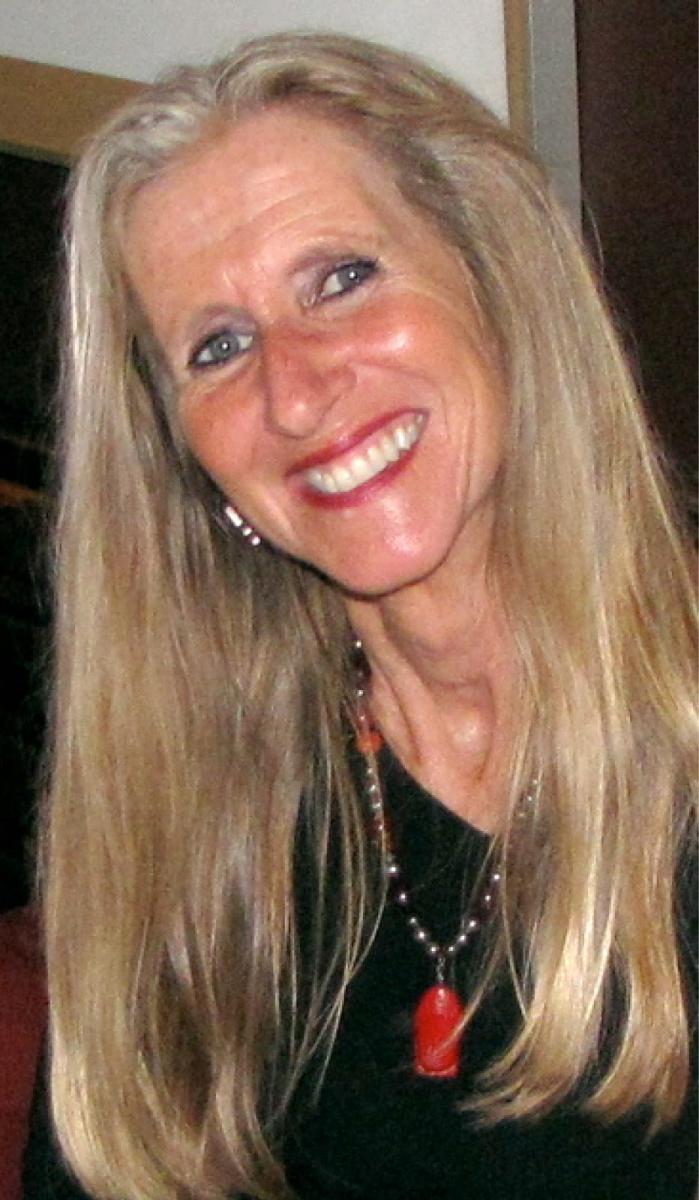
COURSE DESCRIPTION:
This writing intensive will concentrate on writing the poetry of eco justice. We will meet two nights for three weeks. Each night will include a writing prompt, discussion of model poems by Mary Oliver, Camille Dungy, Joy Harjo, Sandra Alcosser, Patricia Spears Jones, Patti Ann Rogers, Audre Lorde, Linda Hogan, Theodore Roethke, Nathasha Threthaway, Jennifer Forester, W.S. Merwin, Wang Ping, Gary Snyder, Ann Fisher-Wirth, Marilyn Nelson, Teresa Mei Chuc, Jim Harrison, Melissa Tuckey, Drucilla Wall, Rita Dove, WS Merwin and others, and encouraging discussion of participant poems. The generative poetry writing intensive will focus on writing techniques such as figurative language, sound imagery and uses, line breaks, fresh imagery and how to write eco justice poems without being didactic. American Book Award-winning poet, editor, environmental activist, and Black Earth Institute Fellow, Pamela Uschuk will lead the intensive. The main goal of the intensive is to write poetry concerned with ecological issues without being didactic as well as to give shape to the wild inside by observing the wild outside. Come prepared to write and share your work. Learn to create powerful metaphors from the natural world, the use of sound techniques to create rhythms as well as various types of line breaks to create a form for your poems and to illuminate multiple-depths of meaning. Thoreau wrote, “In wilderness lies preservation.” Just as we need to preserve the last wildernesses on our planet, poets need to to speak their truths about pressing environmental issues as well as to preserve what’s wild within themselves. We’ll read and discuss eco justice poetry, urban nature poetry and eco poetry. Come howl out powerful poems of your own. You can expect to take home 10-12 new poems.
Our main texts will be:
BLACK NATURE, ed. by Camille Dungy
CONTINENTAL DRIFT, ed. by Drucilla Wall
ECO POETRY, ed. by Ann Fisher-Wirth
GHOST FISHING, ed. by Melissa Tuckey
BIO:
Political activist and wilderness advocate, Pam Uschuk has howled out six books of poems, including Crazy Love, winner of a 2010 American Book Award, Finding Peaches In The Desert (Tucson/Pima Literaature Award), and her most recent, Blood Flower, one of Book List’s 2015 Notable Books. Translated into more than a dozen languages, her work appears in over three hundred journals and anthologies worldwide, including Poetry, Ploughshares, Agni Review, Parnassus Review, etc.
Among her awards are the War Poetry Prize from winningwriers.com, New Millenium Poetry Prize, Best of the Web, the Struga International Poetry Prize (for a theme poem), the Dorothy Daniels Writing Award from the National League of American PEN Women, the King’s English Poetry Prize and prizes from Ascent, Iris, and Amnesty International.
Editor-In-Chief of Cutthroat, A Journal of the Arts Uschuk lives in Tucson, Arizona with her husband, first Tucson Poet Laureate, William Pitt Root. She edited the anthology, Truth To Power: Writers Respond To The Rhetoric Of Hate And Fear, 2017. Other editing projects include the in-progress, Contemporary Chicanx Writers Anthology, co-sponsored by Cutthroat and The Black Earth Institute. Uschuk teaches yearly as a featured writer at Ghost Ranch. She has taught on Native reservations in Montana and Arizona as well as in undergraduate and graduate programs at Salem College, Pacific Lutheran University, Prague Summer Programs, Marist College, Fort Lewis College and University of Tennessee, Knoxville, where she held the John C. Hodges Visiting Writer Chair. In 2018, Pam was named a Black Earth Institute Fellow and will be editing About Place Journal ’s Spring 2019 Issue whose theme is dignity in the 21st Century. She’s recently finished work on a multi-genre book called Of Thunderlight And Moon: An Odyssey Through Ovarian Cancer as well as a new collection of poems.
Charlie Buck
Mondays, April 1 – 29 from 6 – 8 PM
Tuition: $164
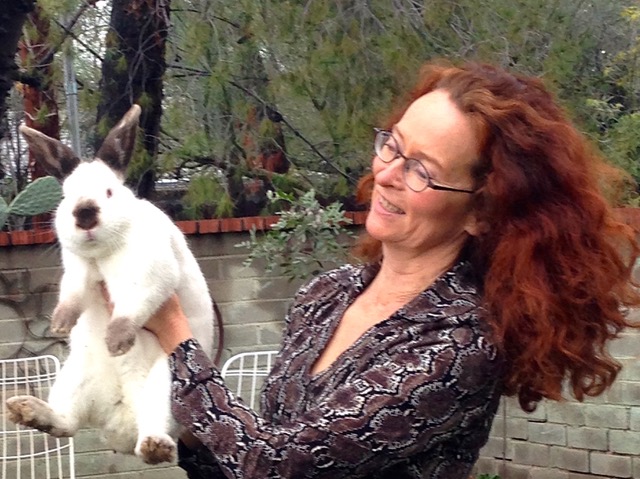
COURSE DESCRIPTION:
"Whatever is funny is subversive.” George Orwell.
Humor is the oven mitt that enables us to handle material that might otherwise scorch us.
Humor invites both writers and readers to grapple with subject matter they might normally find off-limits. Its disruption of expectation can surprise us into empathy, into connection, into a release from habitual response. Humor lingers, its guerrilla tactics infiltrating our thinking long after the book is closed.
In this class we’ll examine how contemporary writers such as George Saunders, Ali Smith, Lidia Yuknavitch, Alison Bechdel and others use humor to shine a light on charged situations. Over four weeks, through readings, discussion, and writing in and out of class, we will hone our abilities to use humor for maximum effect.
We will also address the ethics of humor. Are certain events or ideologies too charged to laugh about, no matter how deftly handled? Is humor most effective when it disrupts customary assumptions? How do we puncture commonly held beliefs that we ourselves share? Can we deflate our self-importance as authors to stoop for the big laughs, and should we?
Though our focus will be prose, writers in any discipline are welcome. Come to this class prepared to write, to discuss, and to enjoy some serious laughter.
BIO:
Charlie Buck’s writing has been awarded fellowships from the National Endowment for the Arts and the Nevada Arts Council, and her artwork has received awards from the Mid-Atlantic National Endowment for the Arts and the Pennsylvania Council on the Arts. She’s received multiple residencies at the MacDowell Colony and Yaddo, and is currently at work on a novel. Her stories have appeared in publications including Story Magazine and the New Yorker.
Adam O. Davis
Better Poetry Through Algebra: OULIPO & Unlimited Creativity
Saturday, April 6 from 10 AM – 4 PM with a one-hour lunch break
Tuition: $114
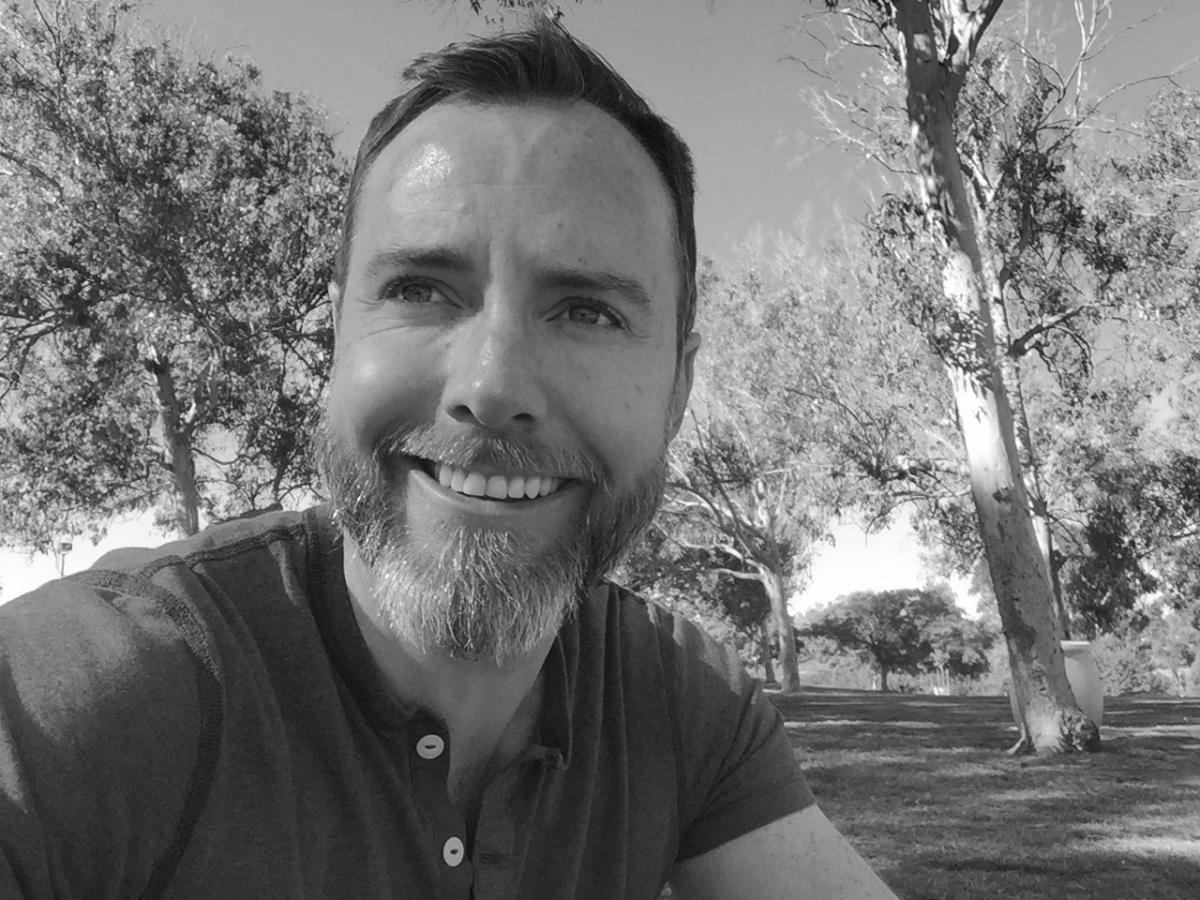
COURSE DESCRIPTION:
"By substituting formidably strict forms for Surrealism's controversial notion of 'total liberty', the OULIPO has created an amazingly beautiful and profound body of literature." - John Ashbery
What good is a game without rules? How ingenious would a jailbreak be without the cell that demanded such ingenuity to escape it?
The irony of freedom is that in liberating us it frees us from the joy of liberation--therefore, it is our mission as poets to self-impose constraints in order to challenge our understanding of and relationship with language. To facilitate this, we'll study the tricks, techniques, and formulas developed by OULIPO to encourage creativity by breaking our well-established poetic tics and tropes. We'll follow in the footsteps of notable OULIPIANS or OULIPO-inspired writers--Raymond Queneau's infinite sonnet, 100,000,000,000 Poems; Georges Perec's 300-page lipogram, A Void; Italo Calvino's Fibonacci-based labyrinth, Invisible Cities; and Harryette Mullen's propulsive N+7s of Shakespeare's sonnets and Walt Disney's America, Sleeping with the Dictionary--in crafting dynamic and linguistically-vigorous poems that will inspire our evolution as poets. In one weekend, through reading, writing exercises, and workshops, we'll bend, break, and bring back to life the English language to the betterment of your work.
BIO:
Adam O. Davis is the recipient of the Poetry Society of America's 2016 George Bogin award. He has received grants and fellowships from The Bishop's School, Columbia University, Vermont Studio Center, and Western Michigan University, and his work has appeared in many journals, including The Believer, Boston Review, Denver Quarterly, Gulf Coast, The Paris Review, The Southern Review,and ZYZZYVA. His poetry manuscript, Index of Haunted Houses, has been a finalist for publication by Barrow Street Press, Cleveland State Press, Colorado State University's Center for Literary Publishing, New Issues Press, Sarabande Books, and Tupelo Press. He lives in San Diego, California, where he teaches English literature and composition at The Bishop's School.

